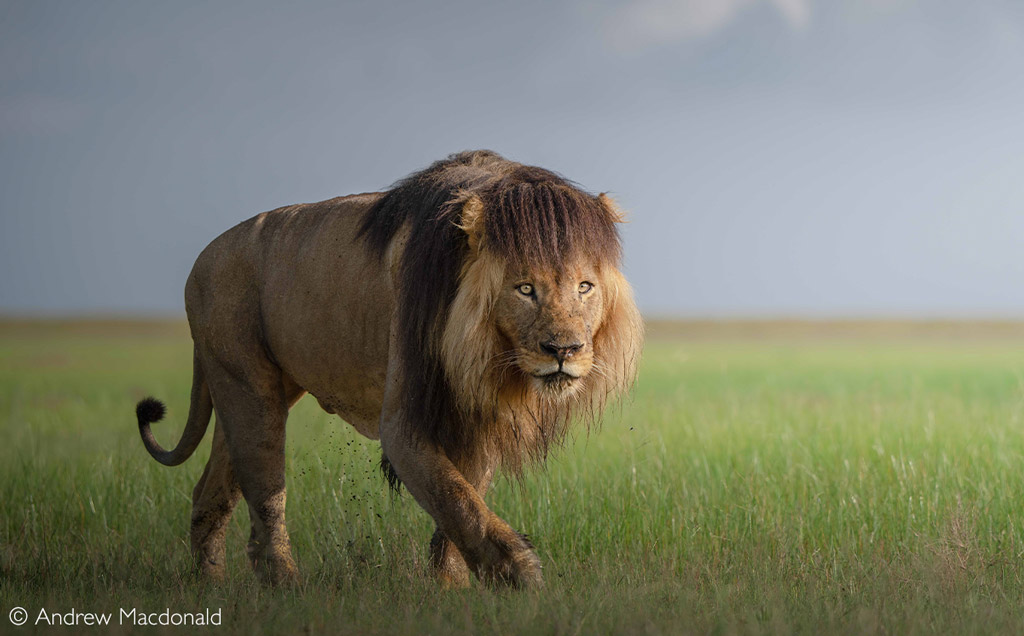
This is a copy of our weekly email newsletter. Subscribe here to receive the newsletter.
Fragile lion kingdoms + South African safari
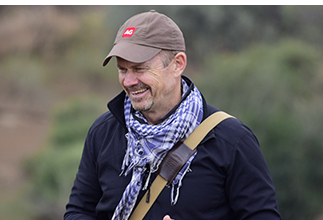
As you read this, we are in Zambia’s Liuwa Plain National Park documenting the soon-to-be-launched Liuwa Camp. This awesome tented safari lodge is tucked away on a floodplain island under a shady canopy of tall trees. Every year at around this time the rains transform the landscape – sand lilies pop up like fireworks explosions, countless waterfowl arrive and Africa’s 2nd largest wildebeest migration takes place amidst a growing population of lions, hyenas, cheetahs and painted wolves.
This is the erstwhile home of that iconic lioness Lady Liuwa – who I was fortunate to spend time with shortly before her death at the venerable age of 17. Lady Liuwa founded what is now a healthy population of lions. Her story echoes the rise of Liuwa Plain NP, under the management of African Parks, as a conservation success story and wilderness destination for those looking beyond the Big 5 and rim-flow pools. Watch this space for more about Liuwa Camp and the community that will benefit directly from your visit.
Speaking of lions, thanks to those who have matched teamAG by sponsoring a research collar to help reduce incidents of human-lion conflict – and those who have donated (no amount too small). I know that many CEOs, team leaders, decision-makers and other inspirational people read our newsletter – join us in making a difference? This is a vital project if we wish to keep dispersing lions safe from the ultimate predator.
Keep the passion

Simon Espley – CEO, Africa Geographic
From our Editor – Taryn van Jaarsveld
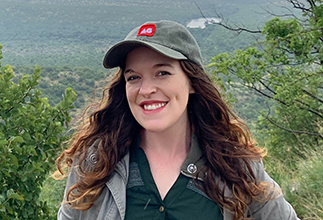
Does a starfish have a head? Scientists have for many decades been perplexed by the question of what comprises the head of a starfish. With their five identical arms, how can we tell which is the front, the back, the top, or the tail? One popular conclusion has been that the starfish does not have a head at all.
But a study has just found that the opposite is actually true. While analysing the gene signatures of juvenile sea stars, researchers found that those associated with head development could be found all over the bodies of the starfish, while genes that usually code for an animal’s torso and tail were missing. In short, starfish have evolved to lose their bodies, developing over time into nothing but hunting, crawling heads!
This week, we’re exploring the fragile kingdoms of Africa’s lions in our first story. In our second story, we’ve put together the ultimate guide to your next safari to South Africa – complete with a selection of ready-made safaris. See below.

Story 1
https://africageographic.com/stories/the-fragile-kingdoms-of-the-african-lion/
FRAGILE KINGDOMS
Lions are under threat. A new study examines the fragility of lion populations in Africa, probing socio-political & ecological factors
Story 2
https://africageographic.com/travel/places/south-africa
SOUTH AFRICAN SAFARI
A safari in South Africa offers the world in one country – from the Big 5 & lodges of Greater Kruger to the fine dining & pizazz of Cape Town
 TRAVEL DESK UPDATES:
TRAVEL DESK UPDATES:
Fancy a mobile safari in Botswana? Book now and you’ll save big time. Or plan that incredible beachfront holiday to KwaZulu-Natal, South Africa. Read on, and reach out to our travel team now!
EARLY-BIRD SPECIAL – Botswana classic: fully catered mobile safari – $5,990pp (save 10%) – 10 nights
Explore all of northern Botswana during prime season on a fully catered mobile safari. Beginning in Kasane and ending in Maun, and led by experienced guides, you’ll track big cats and wild dogs, and meander along the Chobe River. Book this authentic Botswana safari experience today and don’t miss out on the early-bird special, high-season rate of US$5,990pp, valid for 7–17 July 2024.
Special offer: The Oyster Box, Umhlanga, South Africa
Book your stay for 2024 and take advantage of this Stay 4 pay 3 or Stay 3 pay 2 special offer. The Oyster Box’s lavish interior spaces are adorned with attractive original artwork and unique furnishings, and the beautiful tropical gardens create an oasis of tranquillity against the backdrop of the Indian Ocean. Special valid 14 Jan–12 Dec 2024 (excluding block out dates). Specific room types apply.
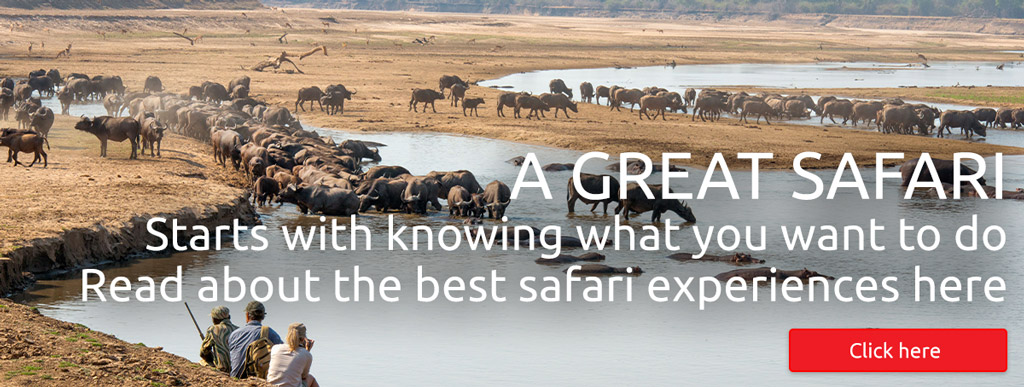
Collar a lion
You can help save free-roaming lions by taking part in our Collar a Lion campaign.
Why are GPS collars important for lion conservation?
- Collars help researchers study the effects that fences have on spatial & social behaviours of wild lions.
- They allow the monitoring and tracking of lion prides and their natural movement between protected areas and on park boundaries.
- Collars provide an early-warning system to protect local villages from lions, safeguarding their cattle and aiding in wildlife management.
Become a lion warrior by sponsoring a collar. You will be making an essential impact on the preservation of future lion populations. Read more about how to contribute here.
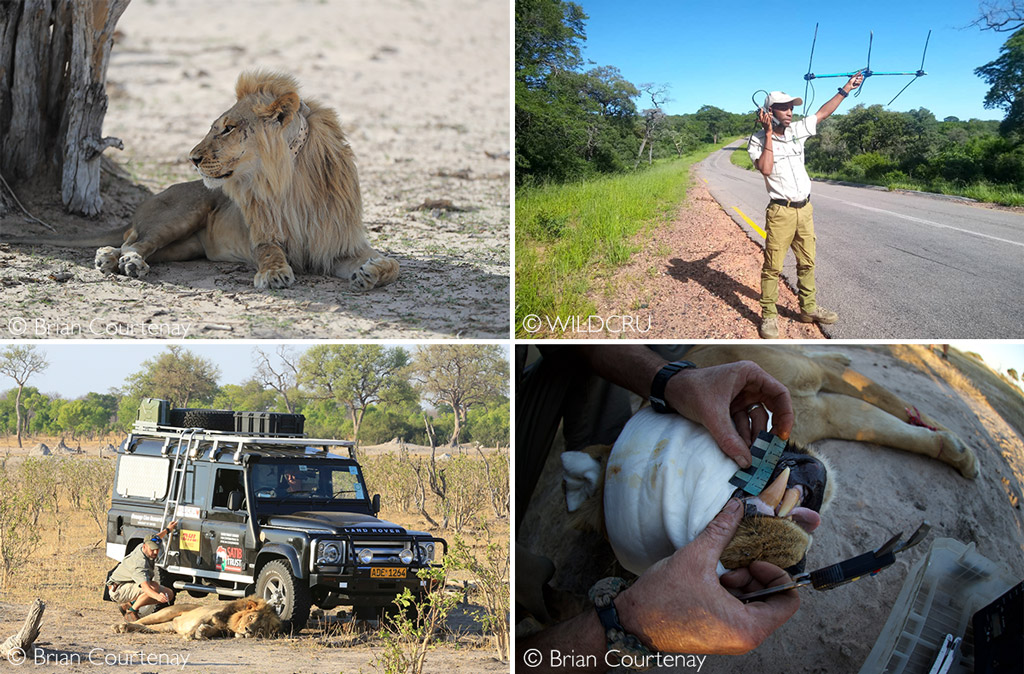
 WATCH: Wouldn’t you rather be on safari? Let Africa Geographic take you there. Check out these epic safari moments to inspire. Choose from our carefully curated safari packages or customise your own adventure with our travel team. Why wait? Start planning your perfect trip now! (0:45). Click here to watch
WATCH: Wouldn’t you rather be on safari? Let Africa Geographic take you there. Check out these epic safari moments to inspire. Choose from our carefully curated safari packages or customise your own adventure with our travel team. Why wait? Start planning your perfect trip now! (0:45). Click here to watch
For more videos celebrating Africa, check out our videos here
To comment on this story: Login (or sign up) to our app here - it's a troll-free safe place 🙂.![]()






